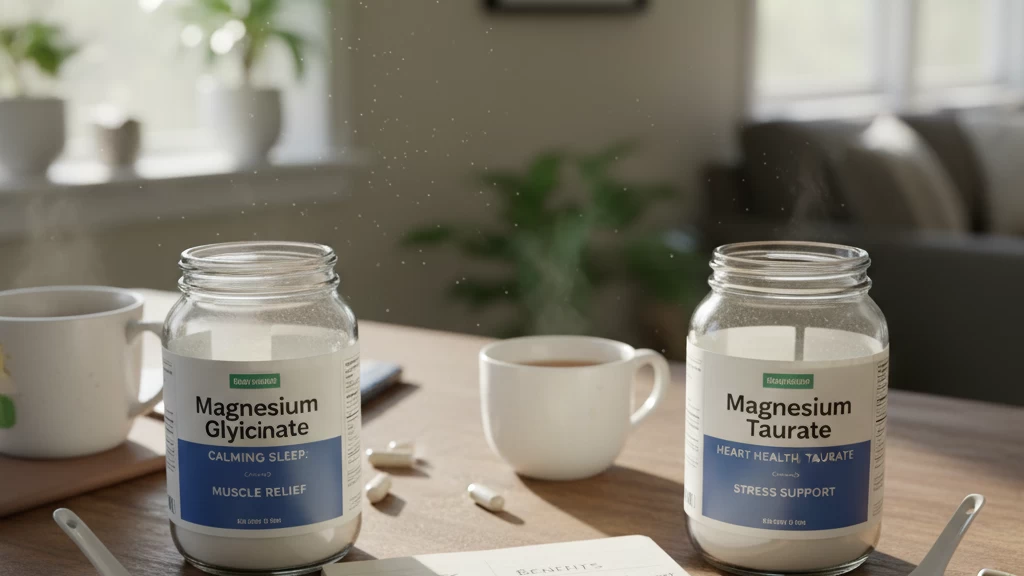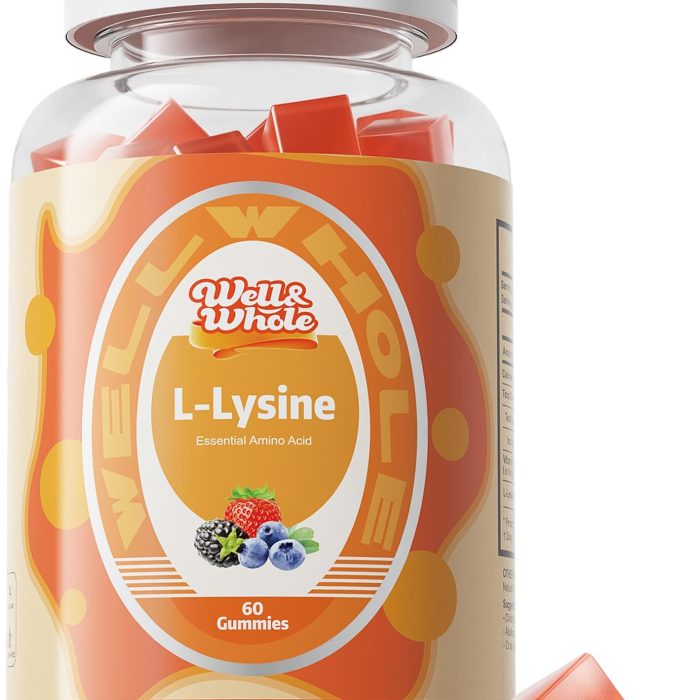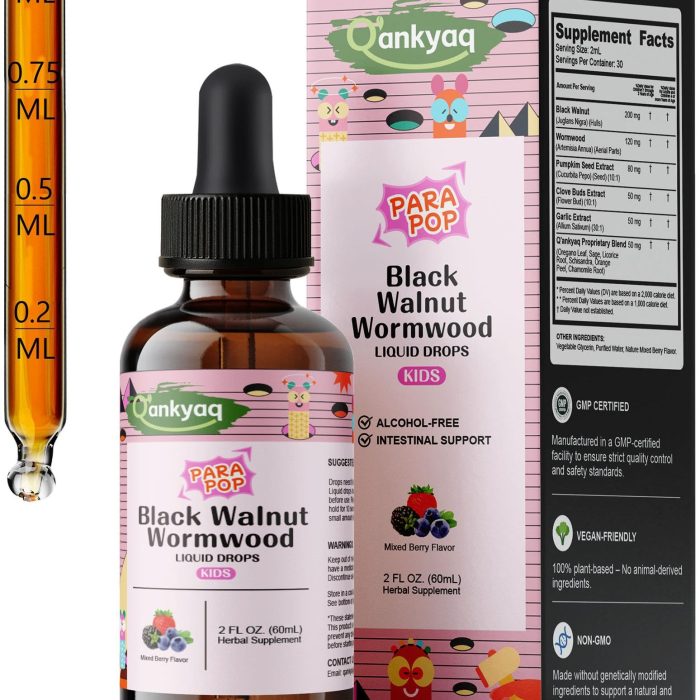Struggling to decide between magnesium glycinate vs magnesium taurate? You’re not alone. With so many claims out there, choosing the right magnesium supplement for anxiety, better sleep, or heart health can feel overwhelming. In 2025, the stakes are higher than ever—half of Americans are magnesium deficient, and picking the wrong form means missing out on real benefits. Whether you want deep relaxation before bed or targeted support for your cardiovascular system, understanding how these two popular forms differ is key. Let’s cut through the noise and get you the facts you need to make the best choice for your wellness journey.
Why the Glycinate vs Taurate Debate Matters in 2025
Magnesium deficiency remains a widespread concern in 2025, affecting millions across the U.S. Whether you’re dealing with chronic stress, sleep issues, muscle cramps, or heart health challenges, choosing the right magnesium supplement can make a real difference. Magnesium glycinate and magnesium taurate are two popular forms, each targeting specific health goals. Understanding which one suits your needs—whether it’s natural stress relief, better sleep, or cardiovascular support—is key to optimizing your wellness routine.
With more people prioritizing mental health and heart health in today’s fast-paced world, the debate between magnesium glycinate vs magnesium taurate is more relevant than ever. Both offer unique benefits, but your individual deficiency and personal goals should guide your choice. In this article, I’ll help you navigate these options with clear, science-backed insights so you can feel confident picking the right magnesium supplement in 2025.
Magnesium 101: Elemental Magnesium, Bioavailability, GI Tolerance, Cost
When choosing between magnesium glycinate vs magnesium taurate, knowing the basics of magnesium supplements helps. Elemental magnesium is the actual amount of magnesium your body can use, and it varies depending on the compound. Magnesium glycinate usually offers about 14-18% elemental magnesium, while magnesium taurate provides roughly 8-12%. This matters because higher elemental magnesium means more active mineral per dose.
Bioavailability—the percentage your body absorbs—is key. Magnesium glycinate is known for high bioavailability and gentle digestion, making it ideal if you have a sensitive stomach. Magnesium taurate also has good absorption but is often praised for specific heart and brain benefits due to the taurine component. In general, both have better GI tolerance compared to magnesium oxide, which can cause diarrhea.
Cost-wise, magnesium glycinate tends to be slightly less expensive than magnesium taurate, but prices vary by brand and form—like capsules or gummies. If you want both gentle stomach tolerance and specific benefits, comparing price per elemental magnesium can help you decide the best value.
For more on natural health and supplement options, check out well&whole nutrition’s insights on related topics like cholesterol management and amino acid supplements.
What Is Magnesium Glycinate?

Magnesium glycinate is a popular form of magnesium supplement where magnesium is bound to glycine, an amino acid. This chelated structure boosts magnesium’s absorption in the gut, making it one of the best choices for people struggling with magnesium deficiency or poor absorption.
One of the biggest benefits of magnesium glycinate is its gentle effect on the digestive system. Unlike some forms of magnesium that can cause diarrhea or stomach discomfort, glycinate is usually well-tolerated, even at higher doses.
Research supports magnesium glycinate’s effectiveness for improving sleep quality, reducing anxiety, and aiding muscle recovery after exercise. The glycine part of the compound also promotes relaxation and may help clear brain fog, making it a preferred option for those focused on mental clarity and stress relief.
If you’re looking for a magnesium supplement that supports restful sleep, calms nerves, and helps muscles recover, magnesium glycinate is definitely worth considering. For more ways to tackle stress and anxiety naturally, check out well&whole nutrition’s curated selection of stress and anxiety relief supplements.
What Is Magnesium Taurate?
Magnesium taurate is a compound combining magnesium with taurine, an amino acid known for its calming and heart-supporting effects. Taurine plays a key role in maintaining healthy heart function by helping regulate blood pressure and supporting normal heart rhythms. This makes magnesium taurate especially popular for those focused on magnesium for heart health.
Beyond the heart, taurine also supports brain function and helps manage nervous system health, making magnesium taurate beneficial for stress relief and mental calmness. It’s often chosen as a natural way to promote relaxation without drowsiness, helping with overall natural stress relief.
Additionally, magnesium taurate has shown promise in helping regulate blood sugar levels, which is a bonus for anyone looking to support metabolic health. This combination offers targeted benefits, especially for those managing stress, heart concerns, or blood sugar issues. For more on amino acids that support your wellbeing, check out this detailed guide on the best essential amino acids supplement.
Head-to-Head Comparison: Glycinate vs Taurate
Here’s a quick breakdown of magnesium glycinate vs magnesium taurate covering absorption, benefits, side effects, cost, and value:
| Feature | Magnesium Glycinate | Magnesium Taurate |
|---|---|---|
| Absorption | High bioavailability, gentle on the gut | Also well absorbed, good for sensitive stomachs |
| Key Benefits | Supports sleep, anxiety relief, muscle recovery | Heart health, brain function, blood sugar regulation |
| Common Uses | Best for sleep issues, anxiety, and muscle cramps | Ideal for natural stress relief, heart support, blood pressure |
| Side Effects | Rare GI issues, mostly mild | Rare, occasional mild stomach discomfort |
| Cost | Moderate, widely available | Slightly higher, less common but effective |
| Value for Money | Great if targeting sleep or muscle recovery | Best if heart health and metabolic support are your focus |
Both forms offer excellent magnesium absorption and generally low side effects thanks to their chelated forms. Glycinate stands out for calming effects and muscle recovery, while taurate pairs magnesium with taurine to benefit heart and brain health.
If your goal is overall anxiety relief or overcoming glycinate brain fog, glycinate often wins. But if you’re after cardiovascular benefits, blood sugar control, or want the added amino acid boost, magnesium taurate is well worth considering. For more on combining health benefits that enhance wellness, check this guide on comprehensive wellness strategies.
In the end, both are solid supplements, and your specific health needs will guide the right pick.
Side Effects and Safety: What to Know
Both magnesium glycinate and magnesium taurate are generally well-tolerated, making them solid choices for most people looking to address magnesium deficiency or specific health goals. Their high bioavailability means your body absorbs them efficiently, which helps reduce common digestive issues like diarrhea or stomach cramps often seen with other magnesium supplements.
That said, side effects are rare but can include mild nausea or loose stools, especially if taken in high doses. People with kidney problems should be cautious and consult a healthcare provider before supplementing with magnesium, as excess magnesium can accumulate in the body and cause complications.
Because bioavailability influences not just effectiveness but tolerability, choosing forms like glycinate and taurate can minimize side effects compared to less absorbable magnesium types. If you ever notice unusual symptoms after starting a magnesium supplement, it’s wise to stop use and check with your doctor.
For more guidance on picking supplements that match your health profile and minimize risks, see our detailed tips on choosing the right supplement.
How to Choose the Right Magnesium Supplement for You
Picking between magnesium glycinate and magnesium taurate really depends on your main health goals. Here’s a quick guide based on what you need:
| Health Goal | Best Choice | Why |
|---|---|---|
| Sleep Support | Magnesium Glycinate | Highly absorbable and promotes relaxation to improve sleep quality. |
| Anxiety Relief | Magnesium Glycinate | Helps calm the nervous system and reduce brain fog. |
| Heart Health | Magnesium Taurate | Taurine supports heart function, blood pressure, and stress relief. |
| Blood Sugar Regulation | Magnesium Taurate | Taurine can help balance blood sugar levels. |
| General Deficiency | Magnesium Glycinate | Excellent absorption and gentle on the stomach for everyday use. |
Tips to choose:
- If you want better sleep and less anxiety, magnesium glycinate is usually the way to go.
- For heart health and stress reduction, magnesium taurate shines because of the added benefits from taurine.
- If you’re unsure which to try first and have multiple concerns, consider starting with glycinate for overall magnesium deficiency and then adding taurate if heart health becomes a focus.
When searching for quality products, look for brands like well&whole Nutrition known for their clear labeling and third-party testing to get the best bioavailable forms.
For more on magnesium’s role in muscle recovery alongside sleep and anxiety support, check out our detailed guide on athletic performance and muscle repair.
Dosage, Timing, and Stacking Tips
Getting the dosage and timing right can make a big difference when using magnesium glycinate or magnesium taurate. Here’s a simple guide to help you get the most out of your supplement:
Recommended Doses:
- Magnesium Glycinate: Typically, 200-400 mg of elemental magnesium per day works well, especially for supporting sleep, anxiety, and muscle recovery.
- Magnesium Taurate: Around 125-350 mg of elemental magnesium daily is common, focusing on heart health, stress support, and blood sugar regulation.
Best Timing:
- Take magnesium glycinate in the evening or before bed to help promote better sleep and relaxation.
- Magnesium taurate can be taken anytime during the day, but some prefer it with meals for optimal absorption and steady blood sugar support.
Stacking Tips:
- Combine magnesium with vitamin B6 to improve absorption and boost anxiety relief.
- Pair magnesium with calcium for bone health but take them at separate times to avoid competition.
- For liver and overall wellness support, consider stacking with supplements like TUDCA, known for its liver benefits, which you can explore through well&whole’s insights on the potential benefits of TUDCA.
By adjusting your dose and timing based on your health goals—whether it’s better sleep, heart health, or stress relief—you’ll get the most out of your magnesium supplement routine.
Why Choose well&whole Nutrition?
When picking a magnesium supplement, quality matters. well&whole Nutrition stands out because of its strong focus on quality assurance and third-party testing. This means each batch is independently verified for purity, potency, and safety, so you know exactly what you’re getting.
What well&whole Nutrition Offers:
| Feature | Benefit |
|---|---|
| Third-party testing | Verified purity and potency |
| Transparent labeling | Clear ingredient lists & dosages |
| High bioavailability | Better absorption for maximum effect |
| Targeted formulas | Supplements designed for specific health goals |
| Customer support | Responsive team ready to assist |
With a reputation for reliable products, well&whole Nutrition focuses on delivering supplements that support your health goals, from natural stress relief to muscle recovery. These details make it easier to choose supplements that fit your lifestyle and specific needs.
If you want to explore how supplements like magnesium impact overall wellness, check out our detailed article on understanding the benefits of TUDCA supplements for broader health insight.
In short, choosing well&whole Nutrition means choosing trust, transparency, and results — essential factors when tackling magnesium deficiency or targeting heart health and anxiety relief.








